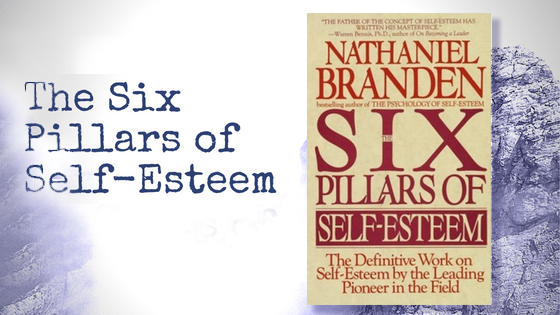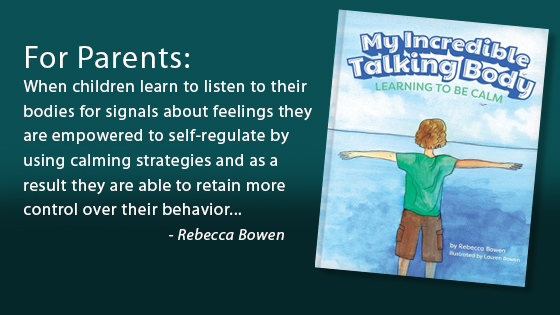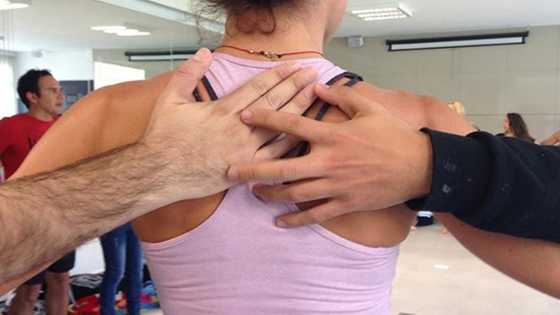Get In Touch
Contact Us/Send a Message
Mention Free 1 on 1 to Get Started:
Frequently Asked
What is Radix?
Radix is a body-oriented therapy and adjunct to psychotherapy derived from the work of Wilhelm Reich and Charles R. Kelley. Like other somatic or “body-centered” approaches, such as Bioenergetics, Hakomi, and Core Energetics, Radix applies the principle of mind-body unity using an integrated approach that includes working with the body (somatic), feelings (affective), and thought (cognitive) to effect change and profound personal growth.
How does Radix differ from Traditional Psychotherapy?
There are at least three important differences to consider. Traditional psychotherapy was founded upon a medical model that sees persons as patients who are ill. Instead, Radix sees clients as persons whose symptoms are viewed as means of managing their energy in ways that may have worked for them growing up, helping them survive, but now these symptoms get in their way of feeling fully alive and connected. In other words, clients and their problems are are not “pathologized.”
Yet another important difference is how Radix views healing and change. The mind/body principle implies that profound change must not only be insightful (cognitive), but also they must be experienced emotionally (affective), and be reflected in the body (somatic). Deep psychological healing and change are not just a mental experience, but a whole person experience.
Whereas traditional psychotherapies rely primarily upon verbal dialogue as their technique for generating insight and change, the scope of Radix techniques is considerably more vast. Given the modern theoretical base of mind/body unity, the Radix practitioner can apply verbal (cognitive) techniques when needed; he or she can also apply a host of techniques for working with feelings (affective); and can apply numerous techniques for working with the body (somatic).
What are the goals of Radix Work?
Radix work awakens people to a vital and authentic experience of life. As the work progresses, not only do persons resolve their presenting issues, but also they begin to experience themselves becoming more fully alive, more fully themselves. Although Radix work is applied differently to clients with different needs and different problems, certain themes tend to underlie the work. They include:
• Develop mind/body integration, reducing dissociation, enhancing the experience of being fully alive.
• Ground you in your body and your experience of life, enabling greater competence in your dealing with life’s daily issues.
• Center you in your experience of your own body, feelings, and thoughts, enabling your experience of your own authentic self.
• Create boundaries that define you to yourself, your relationships, and the world.
• Reduce or contain feelings that might overwhelm you, until they can be expressed at an appropriate time in an appropriate manner.
• Strengthen your ego, your sense of and your experience of self.
• Restore the flow of your life force, enhancing its pulsation, your aliveness, and expressiveness
• Enhance your capacity to increase and contain your biophysical energy — to charge with energy and to tolerate increased amounts of energy, thereby enhancing your capacity for pleasure.
• Discharge long-held feelings anger, fear, pain, and longing allowing thereby for the enhanced capacity for feelings of love, trust, pleasure, and fulfillment.
• Increase your capacity for interpersonal contact, allowing therefore for greater emotional and sexual intimacy.
• Discover and express your authentic self, resulting in enhanced autonomy & self-direction.
Why does Radix Work focus on feelings?
Radix differs significantly from verbal therapies in that should feelings be experienced rather than just talked about. A client in Radix will often be encouraged to deepen their awareness of emotions, and possibly to express an emotion more fully during the session.
Why focus on feeling feelings rather than just talk about them? Because in the feeling of feelings, the biophysical energy locked in the body’s chronic tensions is released and the brain is activated. Though difficult to describe, it is important to understand that the experience of our feelings for what they really are leads to their transformation. Usually, the result of feeling your difficult feelings is that, by the end of a session, you experience a genuine relief and sense of well-being.
More FAQs
Online Resources and Radix Group Information

A Powerful Guide to Self-Esteem
Order this definitive work on Self-Esteem by Nathaniel Branden, a pioneer in the field.
There is overwhelming evidence that the higher the level of self-esteem, the more likely one will be to treat others with respect, kindness, and generosity.
– NB

My Incredible Talking Body: Learning to Be Calm.
By cultivating mindfulness of the body’s signals about feelings, this book encourages acceptance of all types of emotions and helps kids identify various tools and strategies for staying calm as well as being able to self manage anxiety.

Radix® Groups and Workshops
A distinguishing feature of Radix work is that it may be done not only in individual sessions, but also in workshops, classes, and groups.
Go to the link to find out about Groups and workshops that are available to attend.